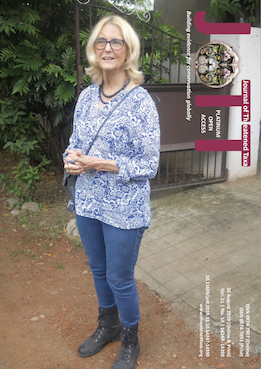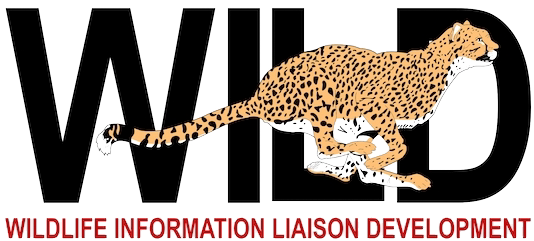Palynological analysis of faecal matter in African Forest Elephants Loxodonta cyclotis (Mammalia: Proboscidea: Elephantidae) at Omo Forest Reserve, Nigeria
DOI:
https://doi.org/10.11609/jott.4639.11.10.14309-14317Keywords:
Diet, ivory, palynomorph types, pollen, sampling, southwestern Nigeria, vegetationAbstract
The factors affecting African Forest Elephants include food availability, demand for ivory and changes in land-use. In order to survive, they tend to traverse considerable distances in search of food; on such occasions they are trapped and killed for their ivory. This present study is aimed at assessing the faecal matter of elephants, and at providing information on the season of ingestion and foraging preferences of these elephants. Faecal matter was collected at nine different locations for one year before being processed and subjected to standard palynological laboratory procedures. The analyses showed that the samples had moderately abundant and diversified palynomorphs. A total of 27 palynomorphs belonging to 22 families with a total count of 2,895 accounting for 94.34% were found to be eaten, while other plant fragments (epidermal cells, xylem vessel elements, and seeds) accounted for 5.66%. The wet and dry seasons accounted for 73.26% and 26.74% respectively. Epidermal cells and xylem vessel elements recorded (70.76%) and (29.2%) during the dry and wet seasons, respectively. In the palynological analysis, pollen of Balanites wilsoniana, Desplatsia subericarpa, Chrysophyllum albidum, among others were recovered in the faecal matter. Pollen analysis of faecal matters provided no information about the quantitative composition of the natural vegetation of elephants, but rather valuable information about their diet. It is recommended that these preferentially foraged parent plants should be cultivated on a large scale. This would potentially reduce competition for food and movement of these animals to other greener areas, consequently leading to poaching.
Published
Issue
Section
License
Authors own the copyright to the articles published in JoTT. This is indicated explicitly in each publication. The authors grant permission to the publisher Wildlife Information Liaison Development (WILD) Society to publish the article in the Journal of Threatened Taxa. The authors recognize WILD as the original publisher, and to sell hard copies of the Journal and article to any buyer. JoTT is registered under the Creative Commons Attribution 4.0 International License (CC BY), which allows authors to retain copyright ownership. Under this license the authors allow anyone to download, cite, use the data, modify, reprint, copy and distribute provided the authors and source of publication are credited through appropriate citations (e.g., Son et al. (2016). Bats (Mammalia: Chiroptera) of the southeastern Truong Son Mountains, Quang Ngai Province, Vietnam. Journal of Threatened Taxa 8(7): 8953–8969. https://doi.org/10.11609/jott.2785.8.7.8953-8969). Users of the data do not require specific permission from the authors or the publisher.





